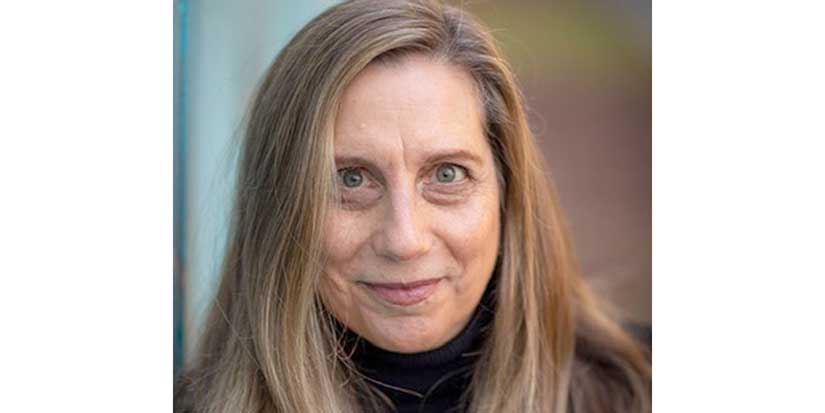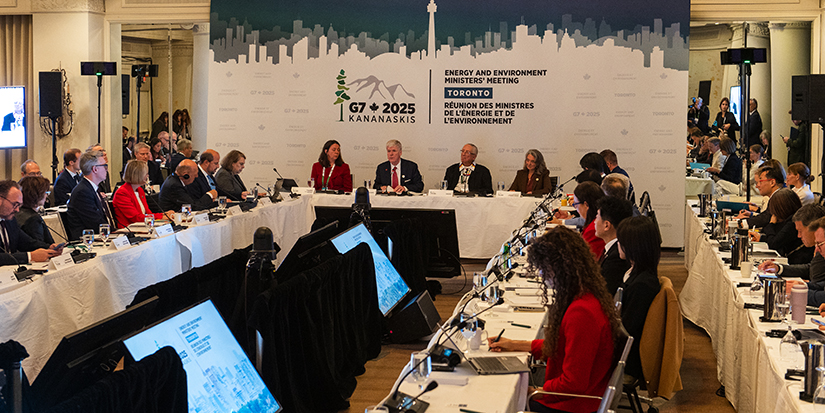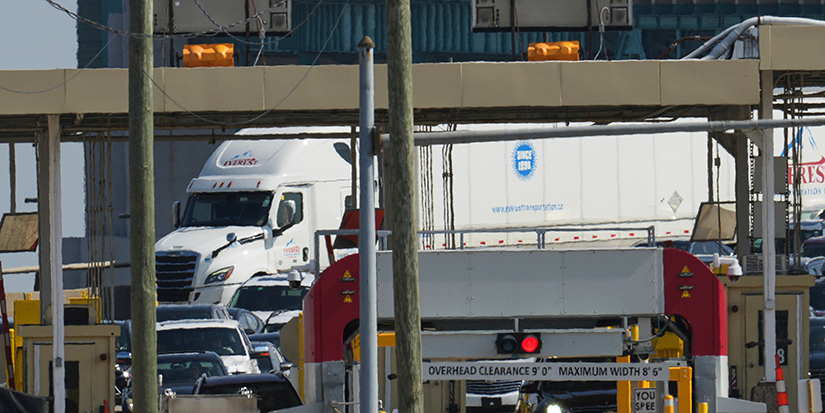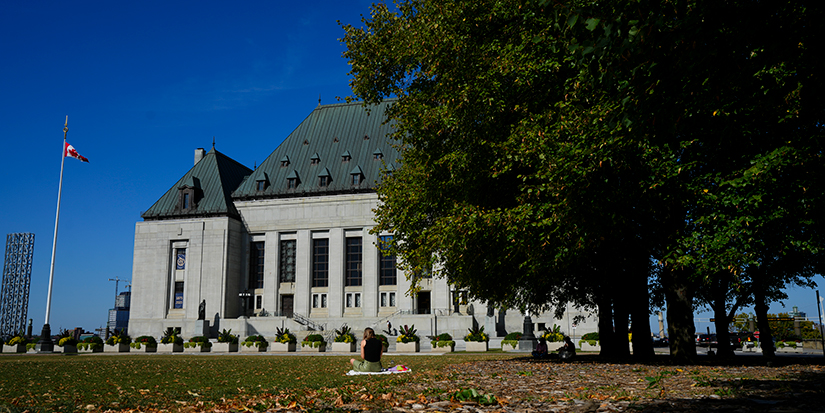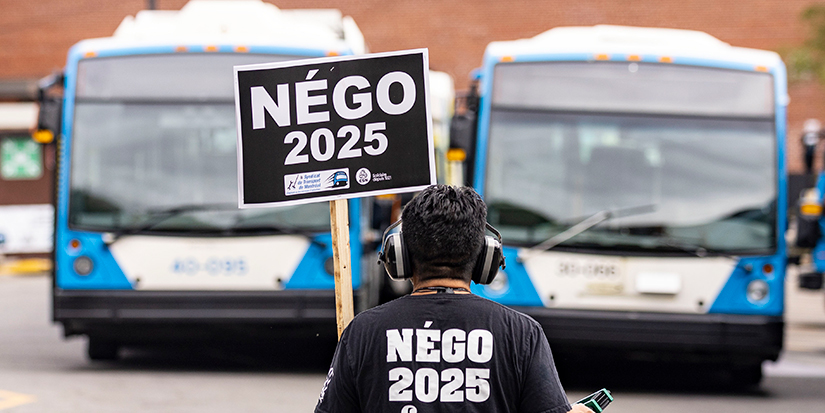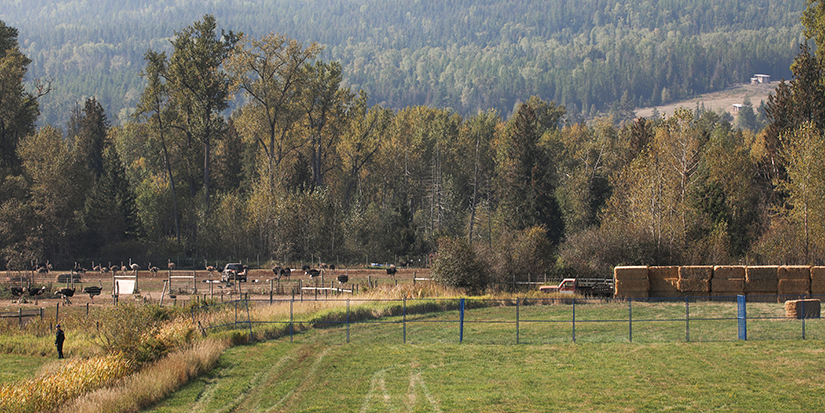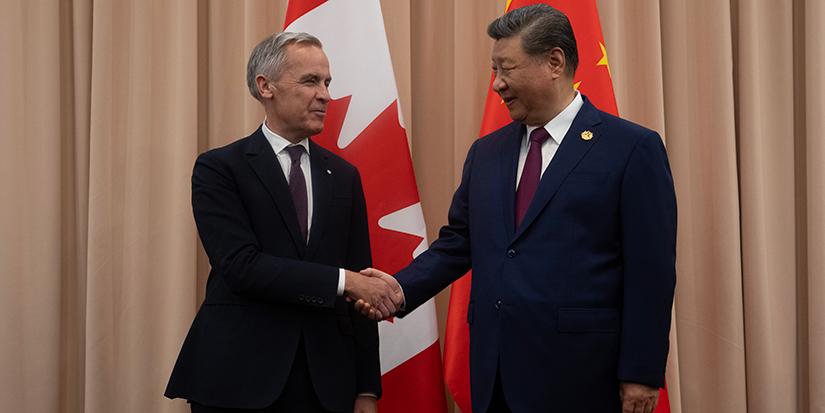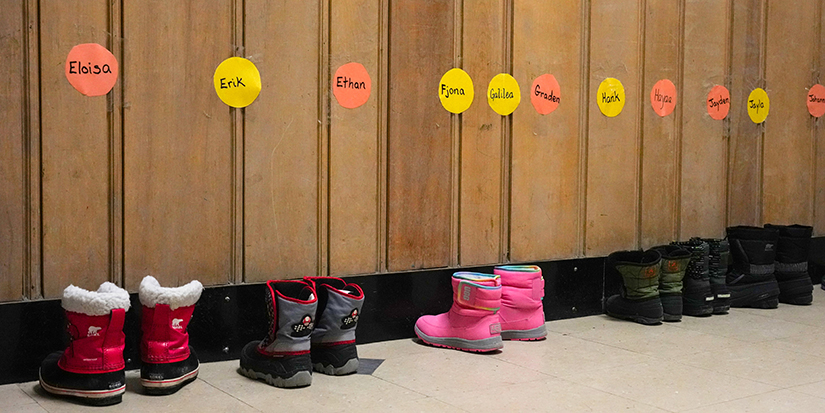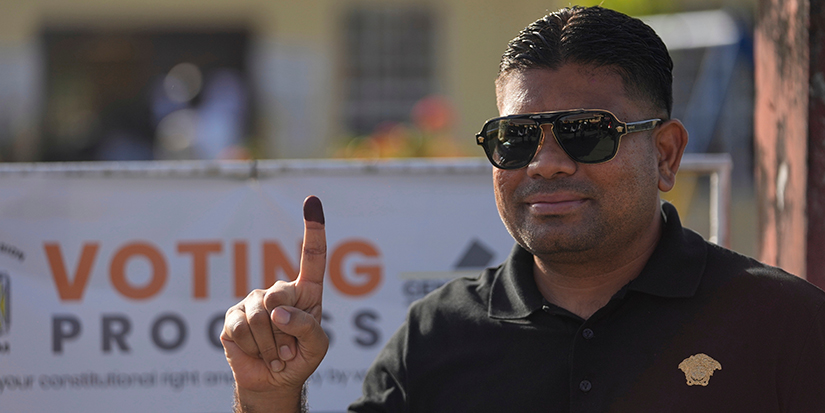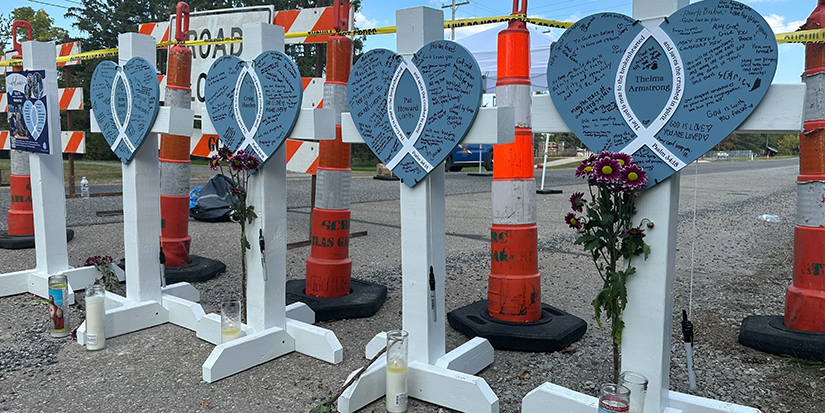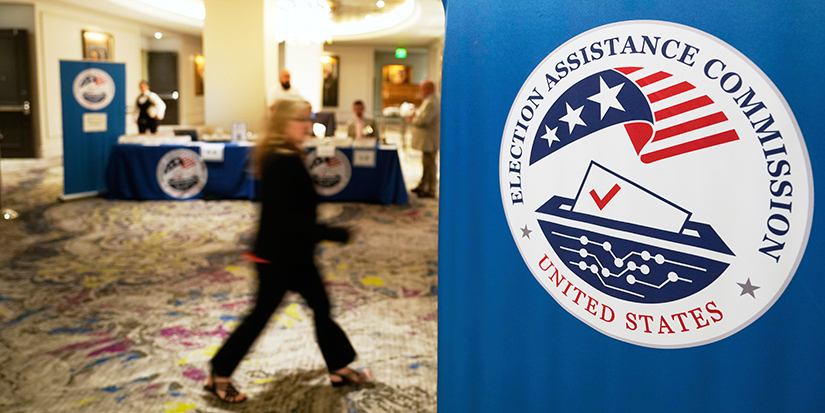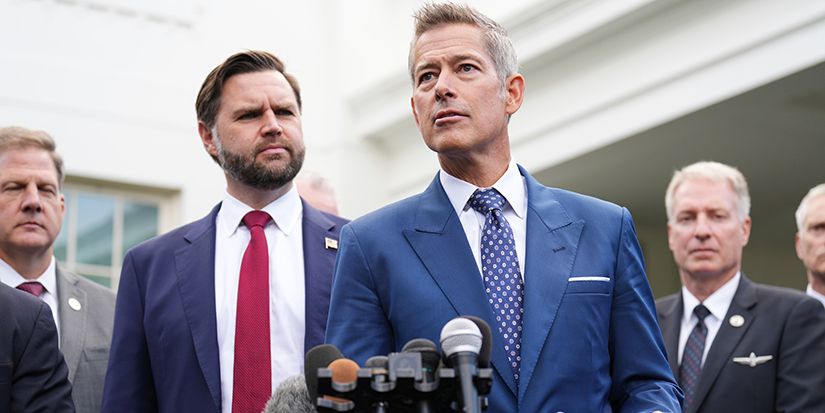Latest News
Debut book explores inter-generational trauma

By Jim Gordon and Leeta Liepins
Published 12:08 PDT, Fri August 5, 2022
Last Updated: 12:28 PDT, Tue September 6, 2022
—
Marsha Lederman is an award-winning Canadian journalist, a best-selling author, and the child of Holocaust survivors. She is the Western Arts Correspondent for The Globe and Mail.
Her debut book, the memoir Kiss the Red Stairs: The Holocaust, Once Removed, was published in May by McClelland & Stewart. Our City Tonight recently sat down with Lederman to talk about the book.
Our City Tonight: There’s a quote that we think really sums up the book: “The horrific past I haven’t lived but I think lives in me.”
Marsha Lederman: That quote is kind of the thesis statement of the book, as my parents were Holocaust survivors. My mother survived Auschwitz, my father survived a work camp in the ghetto and escaped execution by bribing a guard. (It’s) fair to say there was a large amount of trauma in their lives. At some point it was presented to me that perhaps that trauma they had experienced was somehow affecting me, my moods, the way I saw the world, and the way I dealt with people. I was a bit dismissive of that, but in recent years I’ve taken a really deep dive into this question of inter-generational trauma, something you haven’t lived but lives in you.
OCT: You didn’t have many discussions with your parents about their past, but for that generation, many didn’t talk much about their horrific experiences. You write about those moments they both had, pieces of humanity that allowed them to survive. A Polish official’s wife takes pity on your father which saves his life, and your mother is chosen to work in a labour camp which saves her.
ML: They did talk about it but it wasn’t like they sat us kids down and said, “We’re going to tell you about our horrific wartime experiences.” It would come out in little dribs and drabs, often around the question of food—if we didn’t want to eat something, we would hear about how little food they had during the war. It was like a cloud that lived above us that we kids didn’t quite understand.
What I had to do when I was writing this book—because I didn’t ask them enough questions when they were alive—I had to piece it together through what I remembered, what my sisters remembered, research, documents we could find, and the odd (radio) interview my mother had done. I felt like I was a detective (looking) into my own family history.
OCT: You also delved into epigenetics.
ML: In the 1960s, there became an awareness that children of Holocaust survivors might be suffering from some problems related to what happened to their parents. The thinking was that the parents had been so traumatized that their parenting skills had been compromised, and thus the children were affected.
In 2015, there was very well publicized study that came out that looked at this subject from the biological level. It was followed by headlines saying that children of Holocaust survivors were inheriting their parents’ trauma, that these children have trouble bouncing back from trauma. I thought, “Is that me? Is this why I’m having trouble in my life?” And the answer was yes.
Some studies have shown there is a mark left on the person who is traumatized by the Holocaust, or war, or many other things like residential schools, and that is passed down to the offspring—(and) perhaps beyond that.
OCT: One of the beautiful moments in the book is how, in the midst of all this horror they had endured and then post-war chaos, your parents met and fell in love.
ML: My mother was on a death march and was liberated by the U.S. Army on April 1, 1945. She was in a German town called Konitz. My father had survived the last two years of the war living on a farm, pretending to be a Catholic. He heard that hundreds of Jewish women had been liberated in this town of Konitz. He wanted to find his sister, Devorah; unfortunately she had been murdered at the extermination camp, Treblinka.
He met my mom in the hospital, where he was visiting a friend. My mom had been in a motorcycle accident—her face was bandaged up the whole time my father (was getting) to know her. They fell in love and finally the bandages came off and their love continued to spark. They got married in Germany and had the first of their three daughters in Germany. The family (then) immigrated to Canada.
To watch the full video interview, visit richmondsentinel.ca/videos.
Jim Gordon and Leeta Liepins are contributing writers to the Richmond Sentinel.
